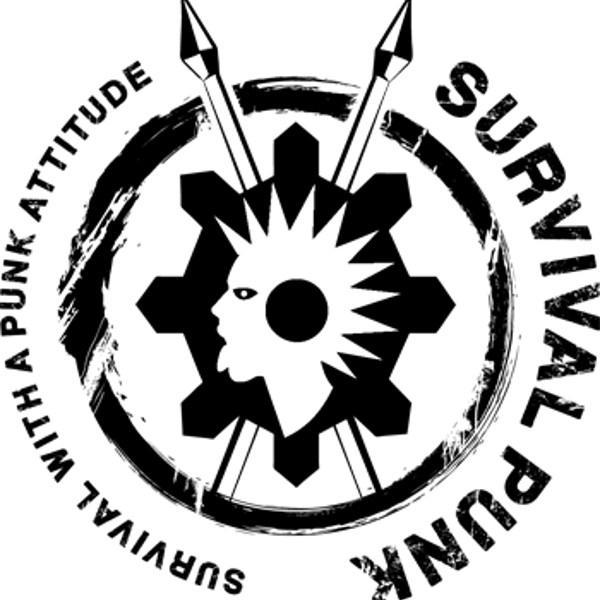Dec 11 2024 27 mins 1
When it comes to prepping, the debate of skills versus gear often arises. Having the latest and greatest survival tools is great, but if you don’t know how to use them, they’re just weight in your pack. Developing practical skills is the cornerstone of any solid preparedness plan.
Learn, Read, and Take Notes
Prepping starts with knowledge. There’s a wealth of information out there—books, online courses, and hands-on workshops. Whether it’s wilderness survival, first aid, or home gardening, take the time to read and absorb this knowledge. Don’t stop at just reading; take notes. Write down techniques, tips, and even mistakes to avoid. Your personal prepper notebook could one day become your most valuable resource.
Practice Makes Perfect
Once you’ve absorbed the theory, it’s time to practice. Building a fire isn’t something you can master by watching a single video. Get outside and test your skills with methods like a bow drill or flint and steel. These experiences not only solidify your knowledge but also prepare you for real-world scenarios when stress levels may be high.
Test and Refine Survival Techniques
Survival isn’t just about fire. Try your hand at setting up traps, purifying water, or creating shelter. You’ll quickly discover what works, what doesn’t, and what gear you actually need to invest in. Every skill you master adds to your confidence and reduces your reliance on equipment.
Gear Complements Skills
Gear isn’t unimportant—it’s a helpful tool. But without the skills to use it effectively, it’s of little use. Instead of focusing on accumulating stuff, focus on building abilities. In a true emergency, your knowledge and experience will be your most valuable assets.
Prepping is a journey of continual learning and adaptation. Let your skills lead the way.
